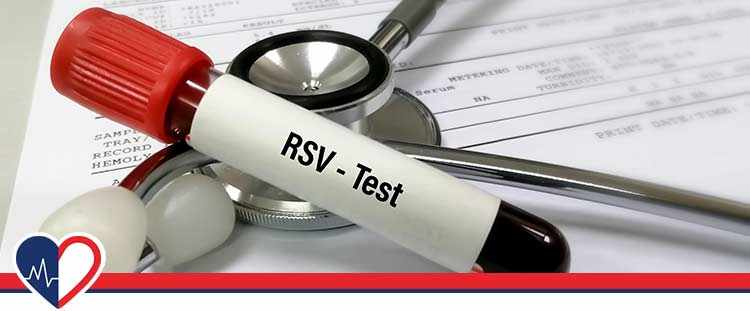
The global Respiratory Syncytial Virus (RSV) Diagnostic Testing Market size is predicted to reach USD 4.80 billion by 2030 with a CAGR of 6.49% from 2025-2030. The Respiratory Syncytial Virus (RSV) diagnostic testing market is undergoing significant growth, propelled by technological advancements, increasing RSV prevalence, and heightened awareness of its impact across age groups. As RSV continues to pose a major health threat to infants, the elderly, and immunocompromised individuals, the demand for rapid, accurate, and accessible diagnostics is surging. Recent developments, including AI-driven diagnostics, point-of-care (POC) testing advancements, and strategic industry partnerships, are shaping the market’s trajectory. This article explores the latest trends in the RSV diagnostic testing market, drawing from recent industry updates and global health insights.
AI-Powered Diagnostics Revolution
Artificial intelligence (AI) is transforming the RSV diagnostic testing market by enhancing the speed and accuracy of detection. Recent innovations highlight AI-powered tools that analyze complex datasets from nasal swabs or blood samples to identify RSV with high precision. These tools are particularly valuable in distinguishing RSV from other respiratory infections, such as influenza and COVID-19, which share similar symptoms. By leveraging machine learning, AI-driven diagnostics can reduce false negatives and improve clinical decision-making, enabling earlier treatment for vulnerable populations like infants and the elderly.
The integration of AI is also streamlining workflows in diagnostic laboratories. For example, AI algorithms are being used to optimize molecular diagnostic platforms, such as PCR-based assays, which are increasingly adopted for their sensitivity. These advancements are critical in addressing the growing burden of RSV, which is a leading cause of infant hospitalizations globally. However, challenges like high computational costs and the need for skilled operators remain barriers to widespread adoption.
Surge in RSV Prevalence
The rising prevalence of RSV infections is a major driver of the diagnostic testing market. Recent studies show that children with chronic medical conditions, particularly those affecting respiratory, cardiovascular, or gastrointestinal systems, face significantly higher hospitalization rates due to RSV. This trend is prompting healthcare systems to prioritize early and accurate diagnosis to mitigate severe outcomes like bronchiolitis and pneumonia. In adults, especially those over 65 or immunocompromised, RSV is increasingly recognized as a cause of severe respiratory disease, further fueling demand for diagnostics.
The overlap of RSV symptoms with other respiratory viruses, such as COVID-19 and influenza, has heightened the need for differential diagnostics. Recent data underscores the importance of comprehensive respiratory viral panels, which can simultaneously detect multiple pathogens, improving diagnostic accuracy. This trend is particularly evident in regions with high RSV prevalence, where healthcare providers are adopting multiplex testing to manage co-infections effectively.
Advancements in Point-of-Care Testing
Point-of-care (POC) testing is a key growth area in the RSV diagnostic testing market, driven by the demand for rapid and accessible diagnostics. Recent innovations include portable diagnostic kits and rapid antigen detection tests, which deliver results within minutes at the treatment site. For instance, a new rapid immunochromatographic assay released in May 2025 by SEKISUI Diagnostics detects RSV nucleoprotein antigens from nasal swabs, enabling immediate clinical decisions. These POC solutions are particularly valuable in home care settings and remote areas, where access to advanced laboratories is limited.
The COVID-19 pandemic has accelerated the adoption of POC testing by highlighting the need for quick differentiation of respiratory infections. However, challenges like lower sensitivity compared to molecular diagnostics and regulatory hurdles for new test approvals persist. Manufacturers are addressing these by improving test accuracy and collaborating with regulatory bodies to streamline approval processes.
Strategic Industry Partnerships
Strategic acquisitions and partnerships are reshaping the RSV diagnostic testing market. Major players like Thermo Fisher Scientific and Becton, Dickinson, and Company are enhancing their RSV testing capabilities through acquisitions of specialized diagnostics firms. For example, Thermo Fisher’s recent purchase of a molecular diagnostics company has expanded its portfolio of POC molecular assays, strengthening its market position. These partnerships combine technological expertise with established distribution networks, accelerating the deployment of advanced diagnostics.
Collaborations between biotech startups and diagnostic companies are also driving innovation. These partnerships focus on developing next-generation tests, such as direct fluorescent antibody (DFA) methods and chromatographic immunoassays, which offer improved sensitivity and specificity. Such collaborations are critical for addressing the diverse needs of hospitals, diagnostic laboratories, and home care settings.
Regulatory and Infrastructure Challenges
The RSV diagnostic testing market faces regulatory and infrastructure challenges that impact its growth. Unfavorable changes in diagnostic regulations, particularly in regions with stringent approval processes, can delay the introduction of new tests. The high cost of advanced diagnostics, such as PCR-based assays, also limits accessibility in low-resource settings. Additionally, supply chain disruptions, initially triggered by the COVID-19 pandemic, continue to affect the availability of diagnostic kits and reagents.
Efforts to address these challenges include investments in local manufacturing to reduce supply chain dependencies and advocacy for streamlined regulatory pathways. For instance, the U.S. FDA’s clearance of a respiratory viral panel by Becton, Dickinson, and Company in August 2023 highlights progress in overcoming regulatory hurdles, paving the way for broader adoption of multiplex testing.
Global and Regional Market Dynamics
North America leads the RSV diagnostic testing market, driven by robust healthcare infrastructure and high awareness of RSV’s impact. The U.S., in particular, is a hub for innovation, with companies like Abbott Laboratories and QuidelOrtho Corporation driving advancements in molecular diagnostics. Europe is also a significant market, with countries like the UK investing in RSV surveillance and diagnostics to manage seasonal outbreaks. In Asia-Pacific, the applicability of diagnostic tests developed locally suggests growing market potential, particularly in countries like India, where RSV-related hospitalizations are rising.
Global health organizations, such as the World Health Organization (WHO), are supporting market growth by promoting awareness of RSV’s burden. The WHO estimates that RSV causes millions of lower respiratory tract infections annually, underscoring the need for effective diagnostics. Regional collaborations, such as those in the EU, are also fostering innovation by standardizing testing protocols and sharing data on RSV trends.
Impact of Preventive Measures
The introduction of RSV vaccines and monoclonal antibodies, such as Merck’s ENFLONSIA, is influencing the diagnostic testing market. These preventive measures, aimed at reducing severe RSV outcomes in infants, are increasing the need for diagnostics to confirm infections and monitor vaccine efficacy. Recent CDC data from the 2024-2025 RSV season highlights the impact of these products on reducing hospitalization rates, emphasizing the role of diagnostics in supporting prevention strategies.
Conclusion
The RSV diagnostic testing market is thriving, driven by AI-powered innovations, rising RSV prevalence, and advancements in POC testing. Strategic partnerships and regulatory progress are further propelling growth, despite challenges like high costs and infrastructure limitations. As global awareness of RSV’s impact grows, the market is poised for expansion, with North America and Europe leading the charge. Continued investment in technology and collaboration will ensure that RSV diagnostics play a critical role in reducing the burden of this respiratory virus, improving outcomes for vulnerable populations.
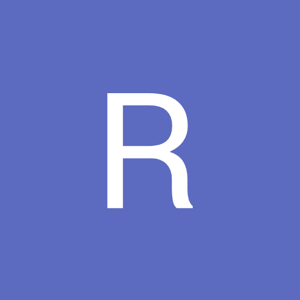





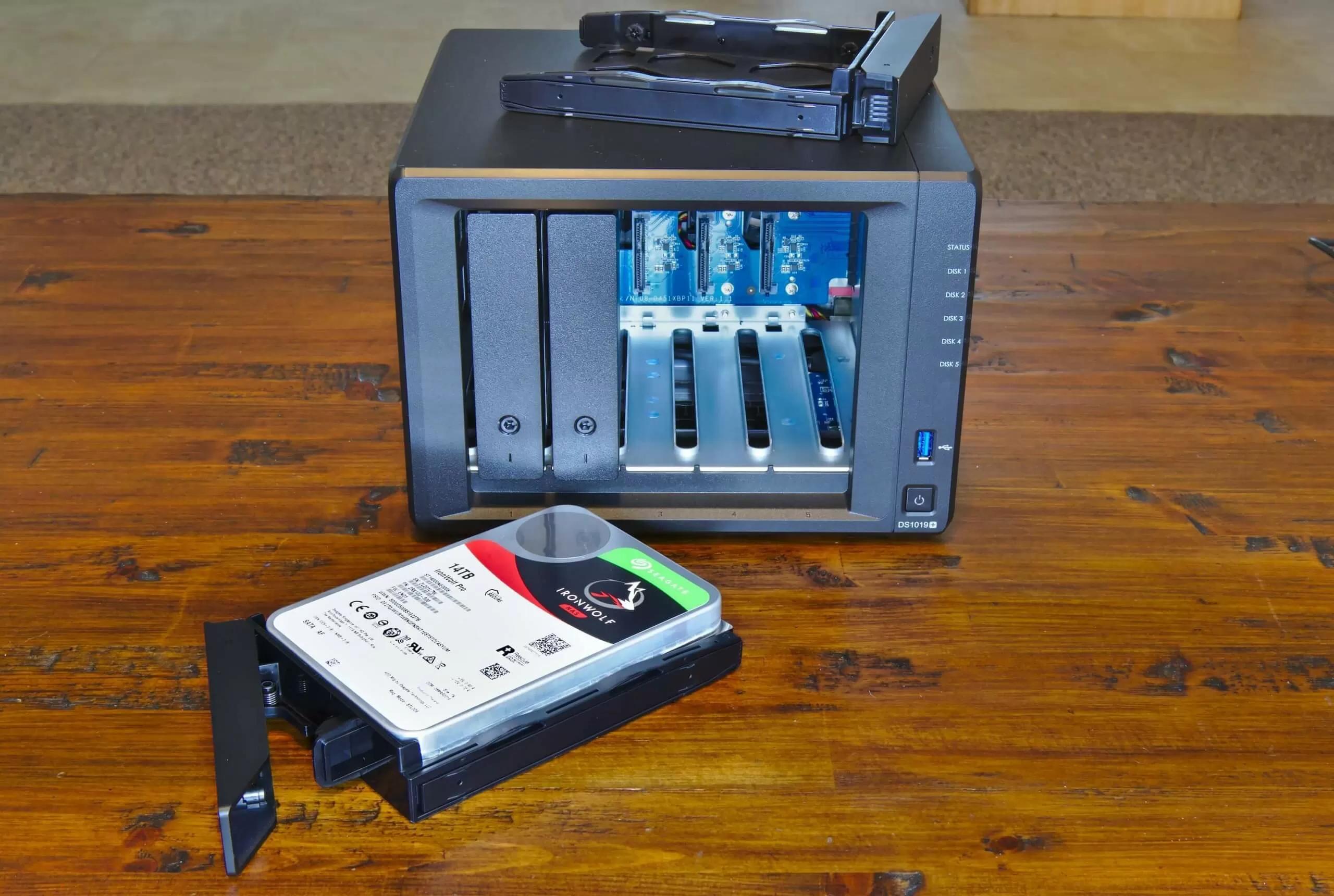




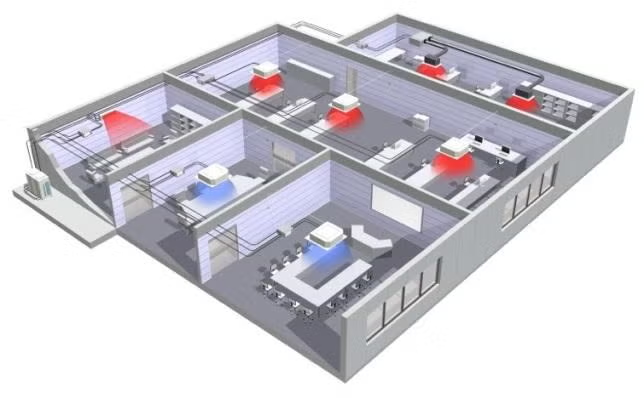




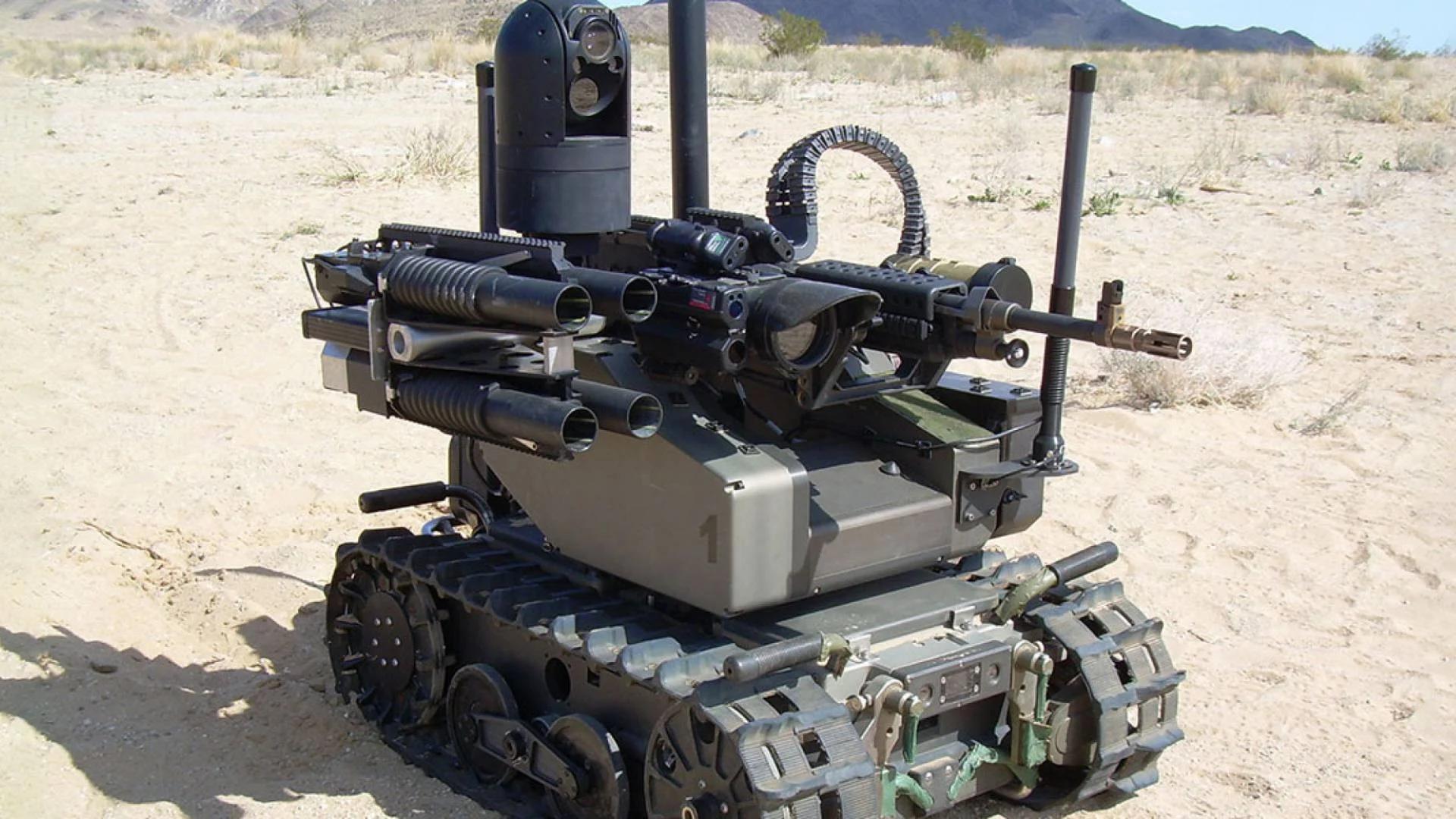

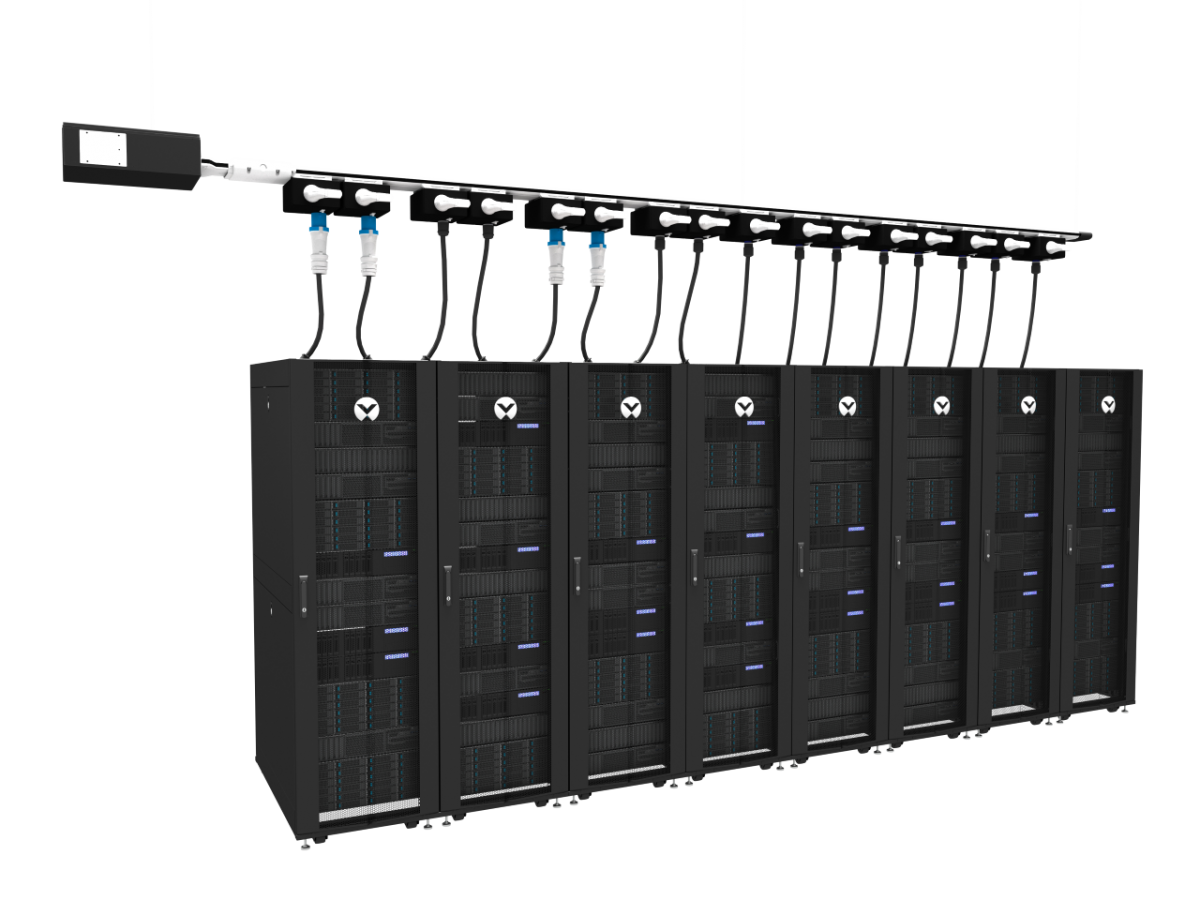

Write a comment ...